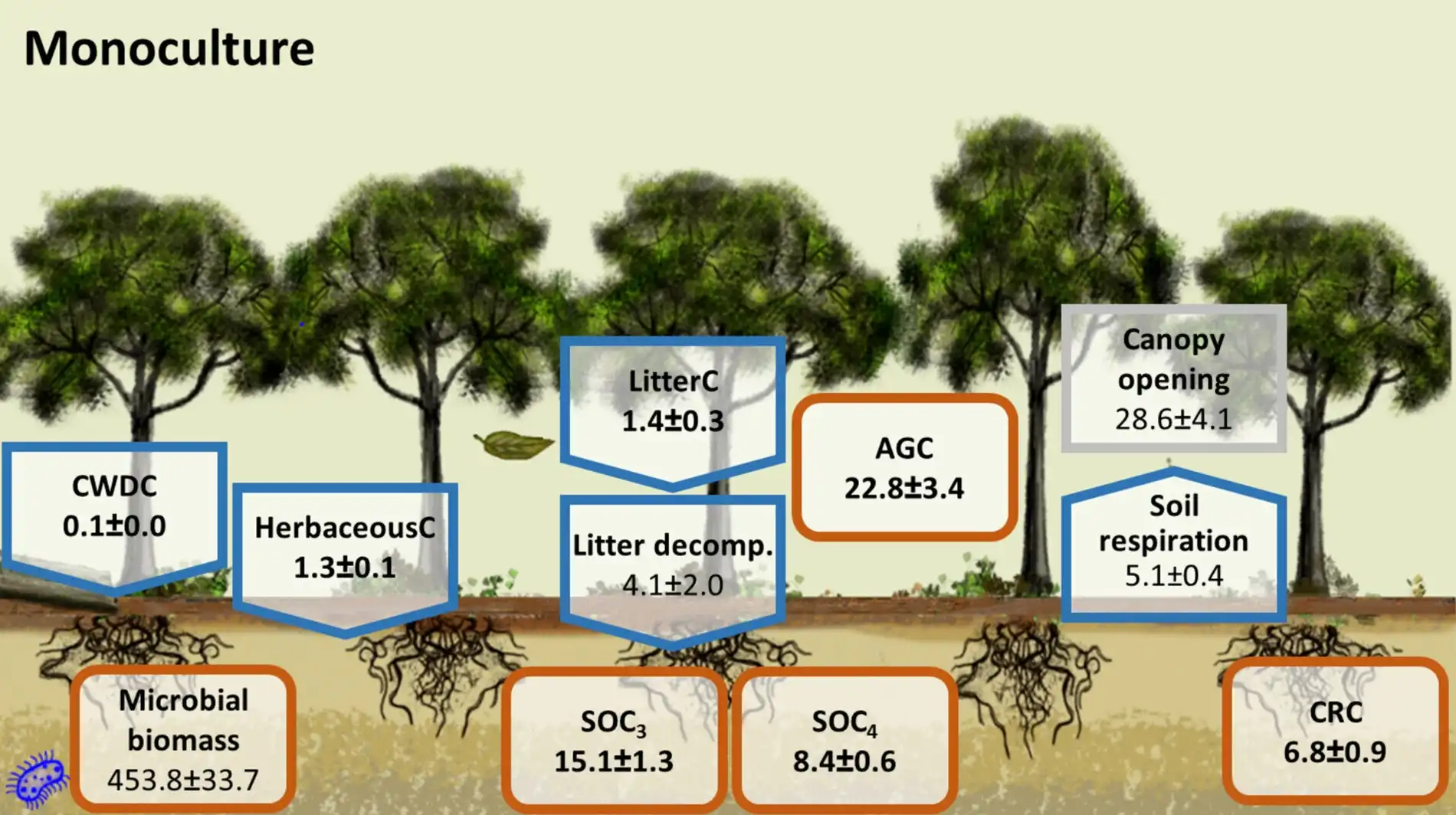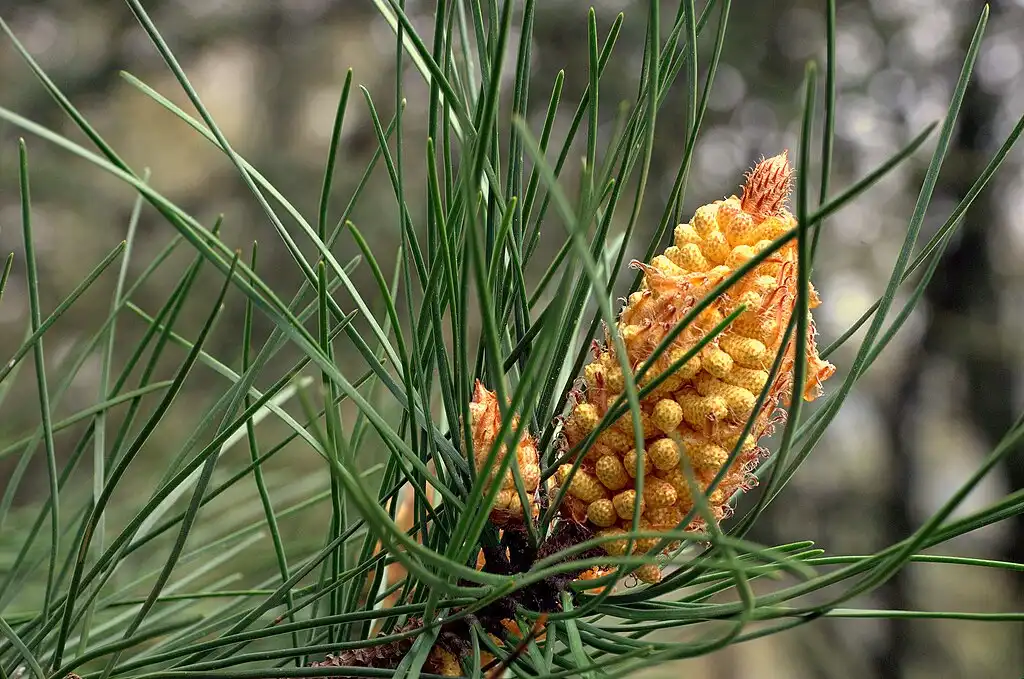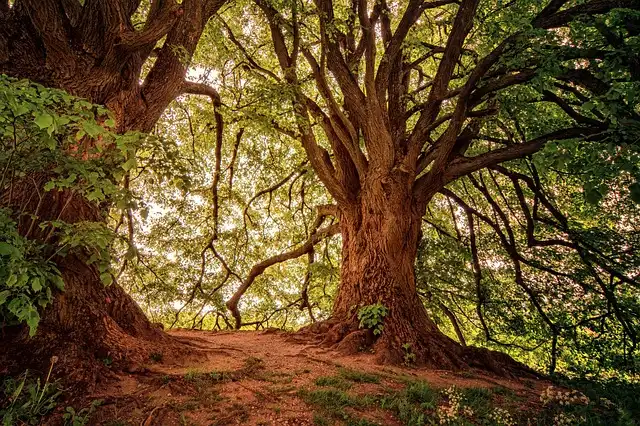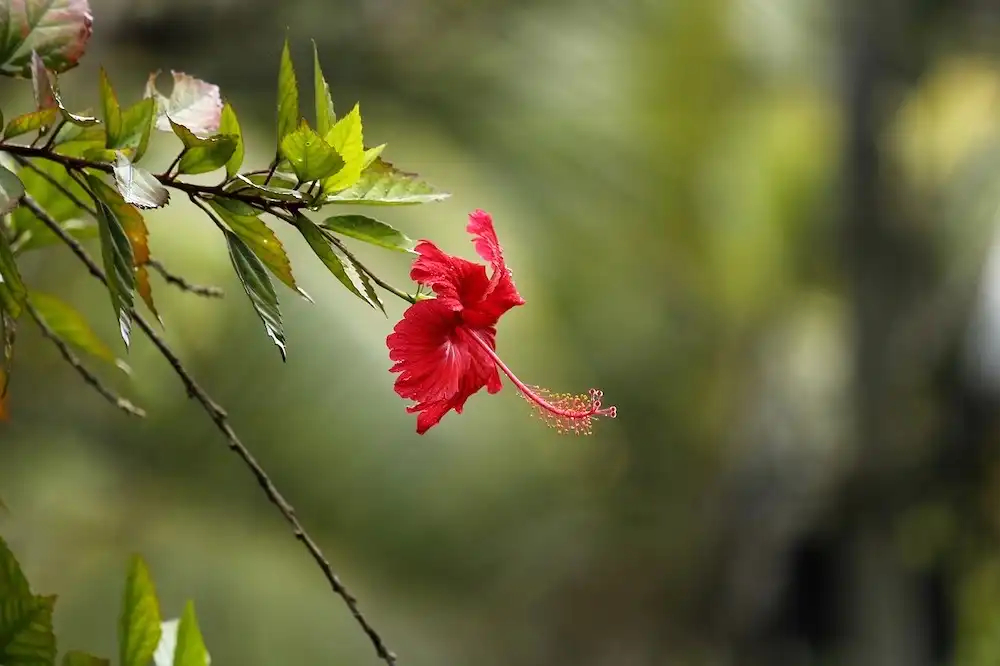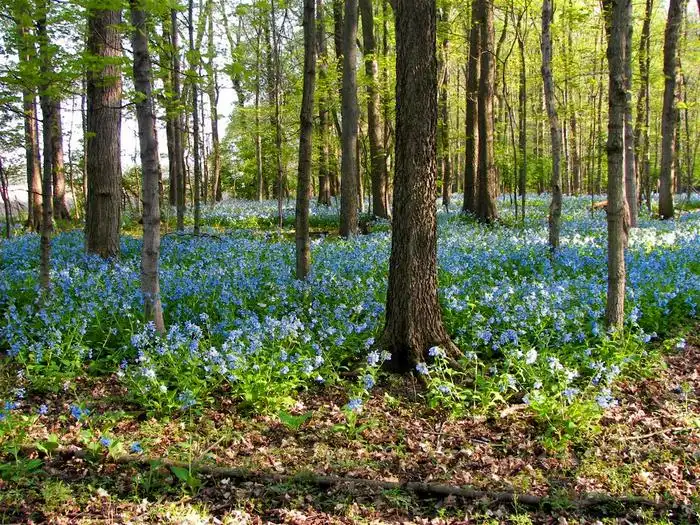
Researchers have analyzed 96 years of forest census data to better understand ecological changes and inform management practices. Their study, reveals concerning homogenization trends. This means the forest has become less diverse over time, losing trees that played a critical role…
Read More


